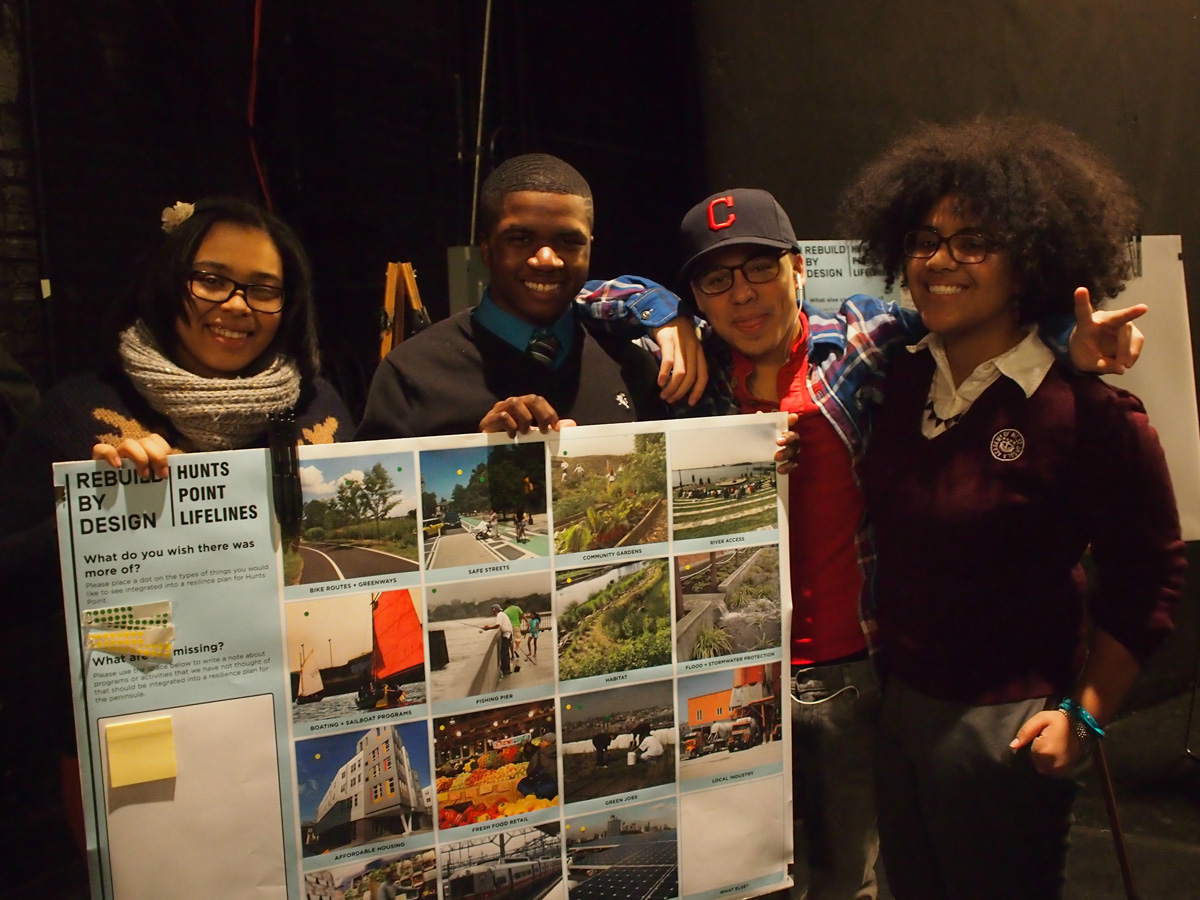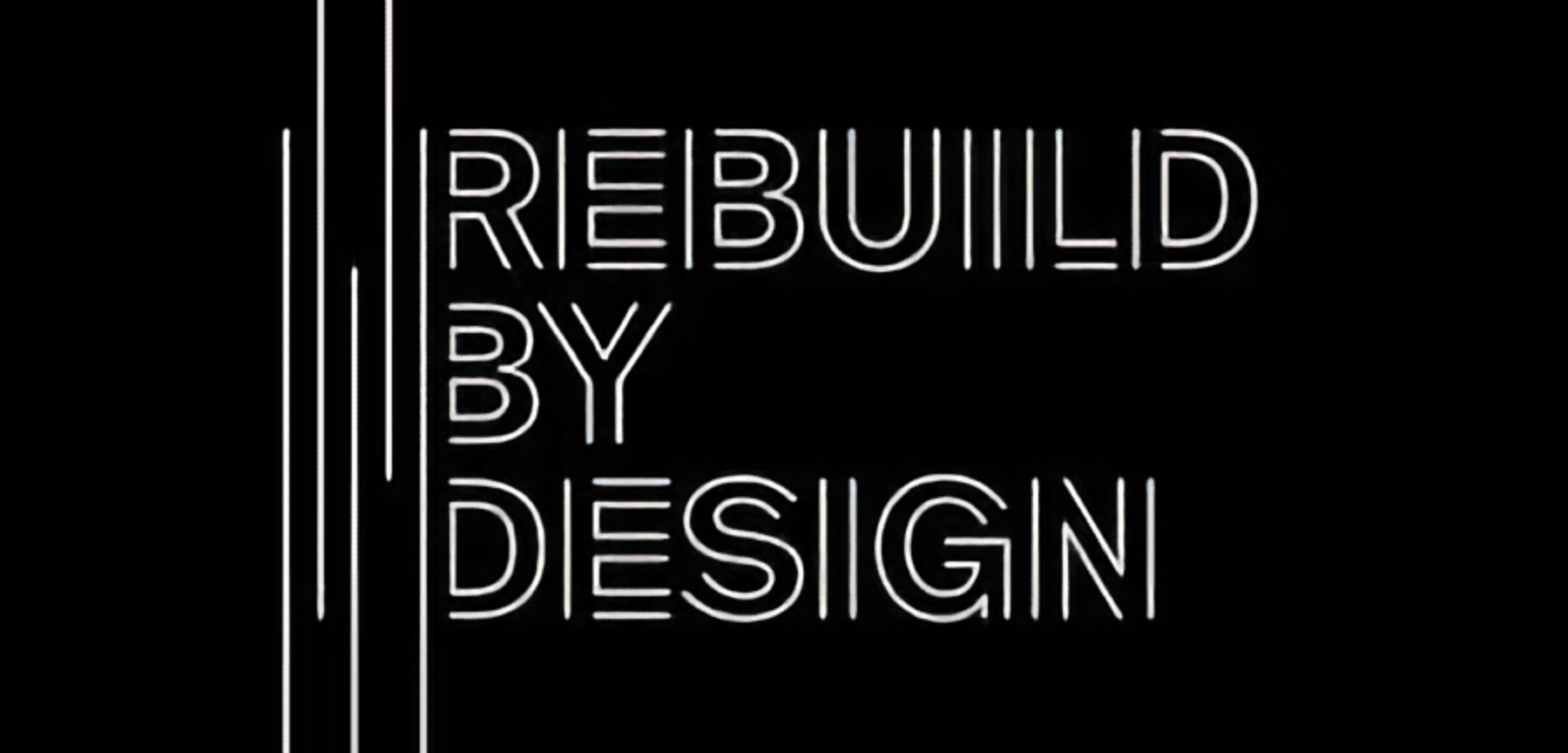When it Comes to Disaster Preparedness, Local Innovation Equals Global ResilienceD
Delaware Journal of Public Health:

Since the Hurricane Sandy competition, Rebuild by Design, and the processes that were inspired by that work including, the National Disaster Resilience Competition, the Bay Area Resilient by Design Challenge, Water is Leverage, and others, have sparked interest in communities, governments academics, and researchers. To help researchers understand more about our work, and to continue to contribute to a growing portfolio of writings about the work, we have launched this library as a resource for all who are interested.
We would like to thank the University of Groningen for their partnership in locating and cataloging the articles and books that have examined our work. If you know of a resource that is not listed here, please let us know by sending an email to info@rebuildbydesign.org
If you are looking for the Hurricane Sandy Competition archives, please visit the New York Historical Society here.
Delaware Journal of Public Health:
The remnants of Hurricane Ida caused major damage and death in the United States on September 1st, 2021, and 11 people drowned in flooded basement apartments within New York City
In complex area transformations, strategic planning tends to include a collaborative approach that invites a wide range of stakeholders. But because the perspectives and interests are diverse, partly conflicting, and
A group of experts was assembled by the Society of Actuaries Research Institute (SOA) on June 4, 2024, to discuss how climate change is influencing insurance affordability, availability, and adequacy
Harvard Kennedy School: What makes climate change different as a policy challenge? Why is it so hard to solve? And how can we balance the need for the right technical
This report tells the story of how Rebuild by Design’s partnerships with the private sector gave way to the creation of Atlas of Disaster – a report that clearly lays
Rebuild by Design would like to hear from you. To learn more about when and where public programs and events are happening, you can sign up for our newsletter & follow this site with RSS.

![]() Follow Us on Twitter
@rebuildbydesign
Follow Us on Twitter
@rebuildbydesign
![]() Subscribe to Rebuild on
YouTube
Subscribe to Rebuild on
YouTube
For General Inquiries: info@rebuildbydesign.org
For Press & Media Inquiries: media@rebuildbydesign.org
For Job Inquiries: See Careers
© Rebuild by Design